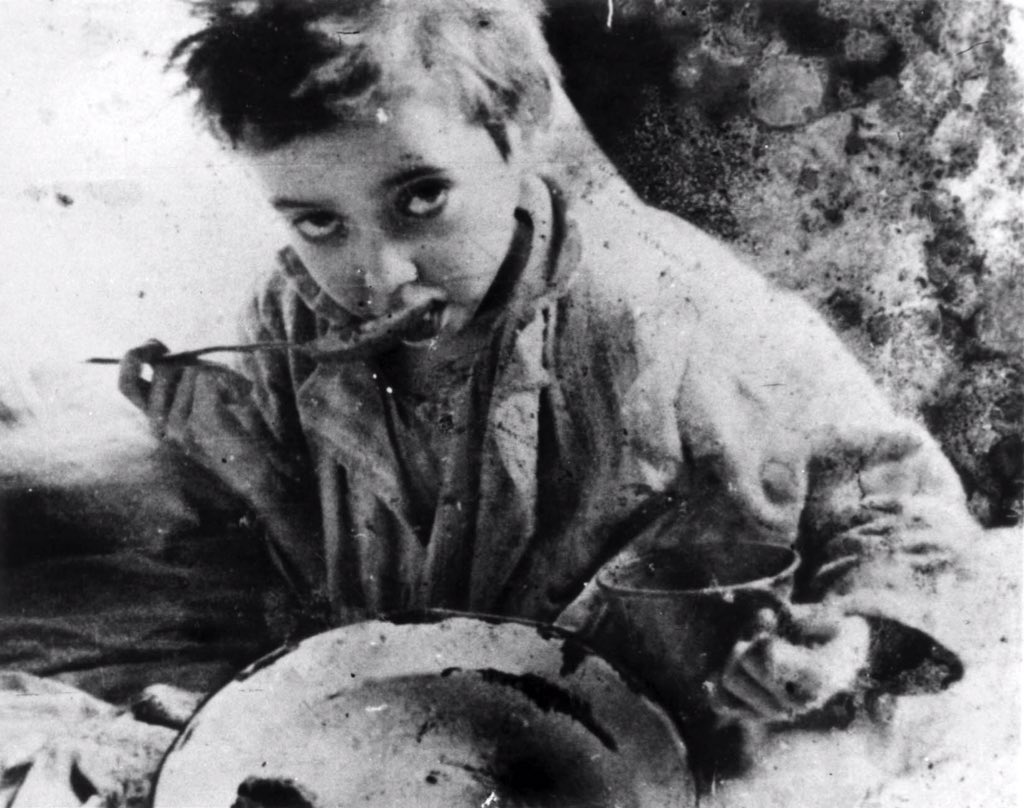
The #Righteous amongst us
Johanna Eck
"My Duty and Responsibility"
1/n
Johanna Eck was a German war widow who, during World War II, sheltered four victims of Nazi persecution, including two Jews.
Johanna Eck’s husband was killed during World War I. One of his friends during the
Johanna Eck
"My Duty and Responsibility"
1/n
Johanna Eck was a German war widow who, during World War II, sheltered four victims of Nazi persecution, including two Jews.
Johanna Eck’s husband was killed during World War I. One of his friends during the

2/n war was a German Jew named Jakob Guttman. When the Nazis began deporting and murdering Germany’s Jews, Jakob and his family were killed. One of his sons, Heinz, was able to escape and left on the streets. None of his Gentile acquaintances would risk their lives to shelter him
3/n – except one. Johanna took the boy in and shared her meager food rations with him. Even when her house was destroyed in an air raid, Johanna found hiding places for the boy and shared food ration cards with him.
Her home destroyed, Johanna was assigned a one-room apartment.
Her home destroyed, Johanna was assigned a one-room apartment.
4/n This didn’t stop her from harboring a young Jewish girl, Elfriede Guttman, who had barely escaped a Gestapo raid on her previous hiding place.
In January of 1944, Allied air raids destroyed much of Berlin.
Photo: Mia Guttman. She survived.
In January of 1944, Allied air raids destroyed much of Berlin.
Photo: Mia Guttman. She survived.

5/n Johanna took advantage of this to create a new identity for Elfriede. She told the authorities that the girl was a Gentile, and that her papers were destroyed in the bombing, allowing Elfriede to live freely with her.
Elfriede survived the war, but died of a stomach condition
Elfriede survived the war, but died of a stomach condition
6/n shortly after liberation. Johanna was by the girl’s side as she passed away. After Elfriede’s death, Johanna paid for a tombstone. Johanna did not only put the girl’s name on it, but also those of her parents and brother.
Johanna was named Righteous Among the Nations in 1973.
Johanna was named Righteous Among the Nations in 1973.

• • •
Missing some Tweet in this thread? You can try to
force a refresh
















